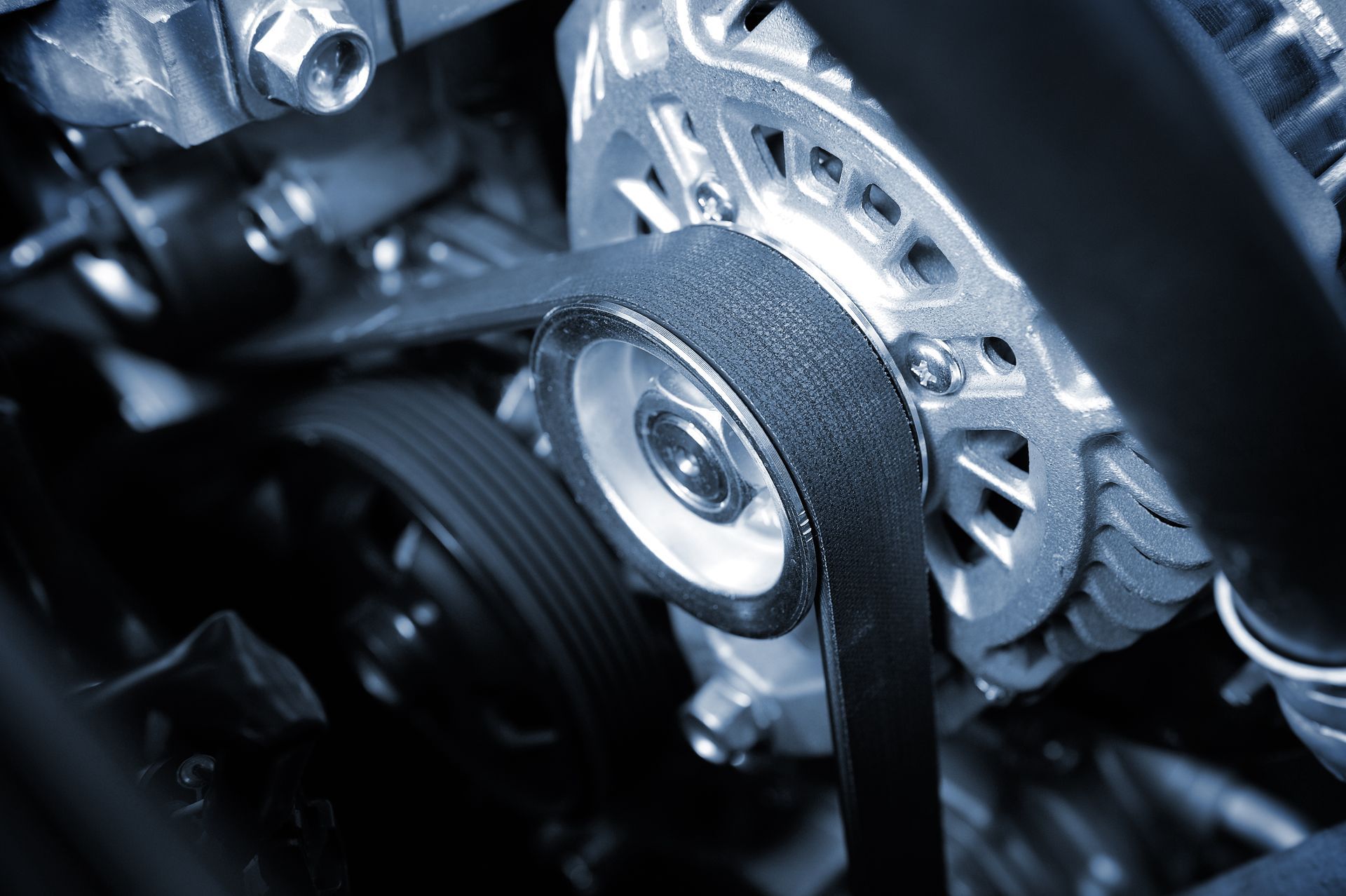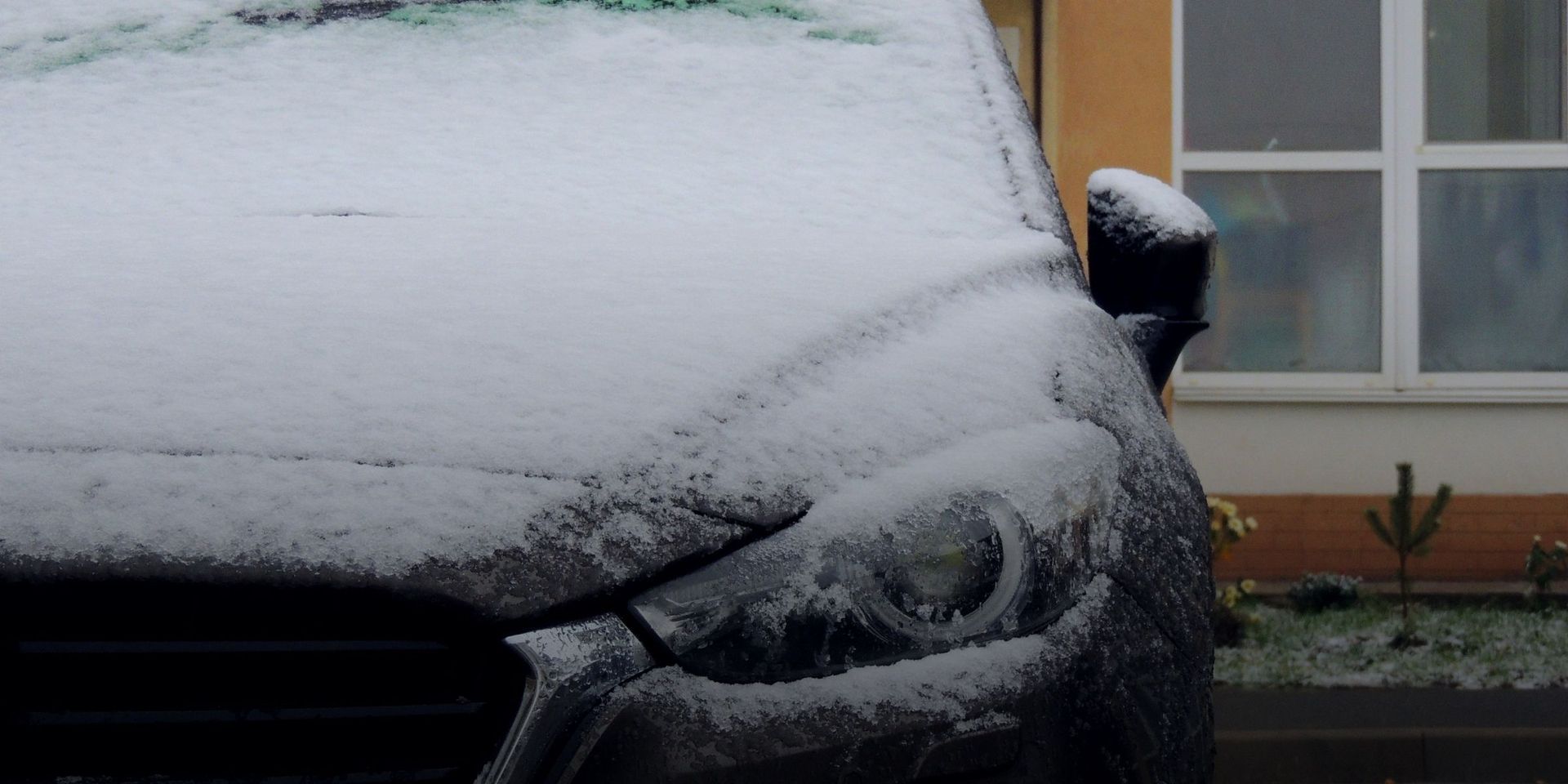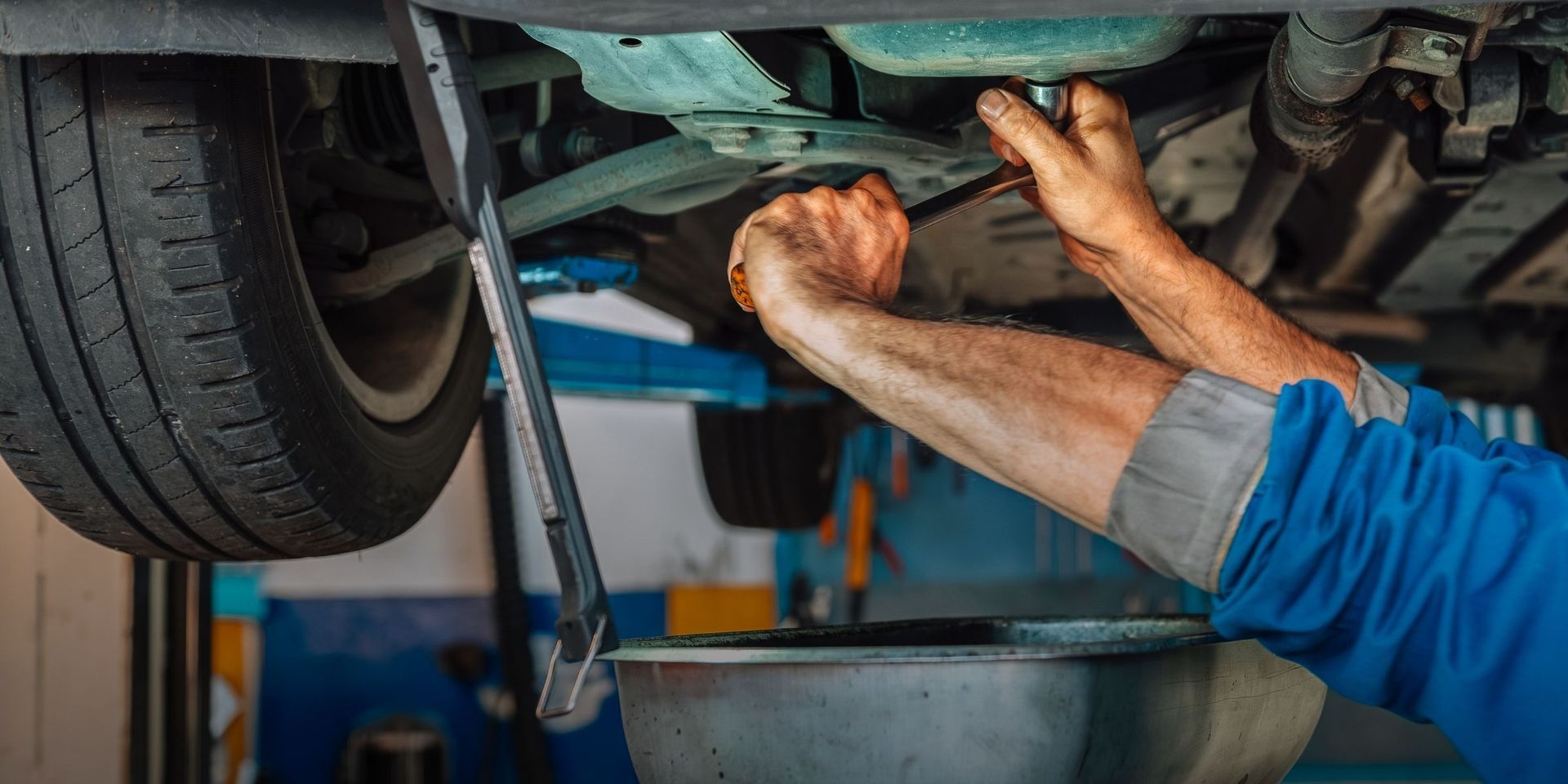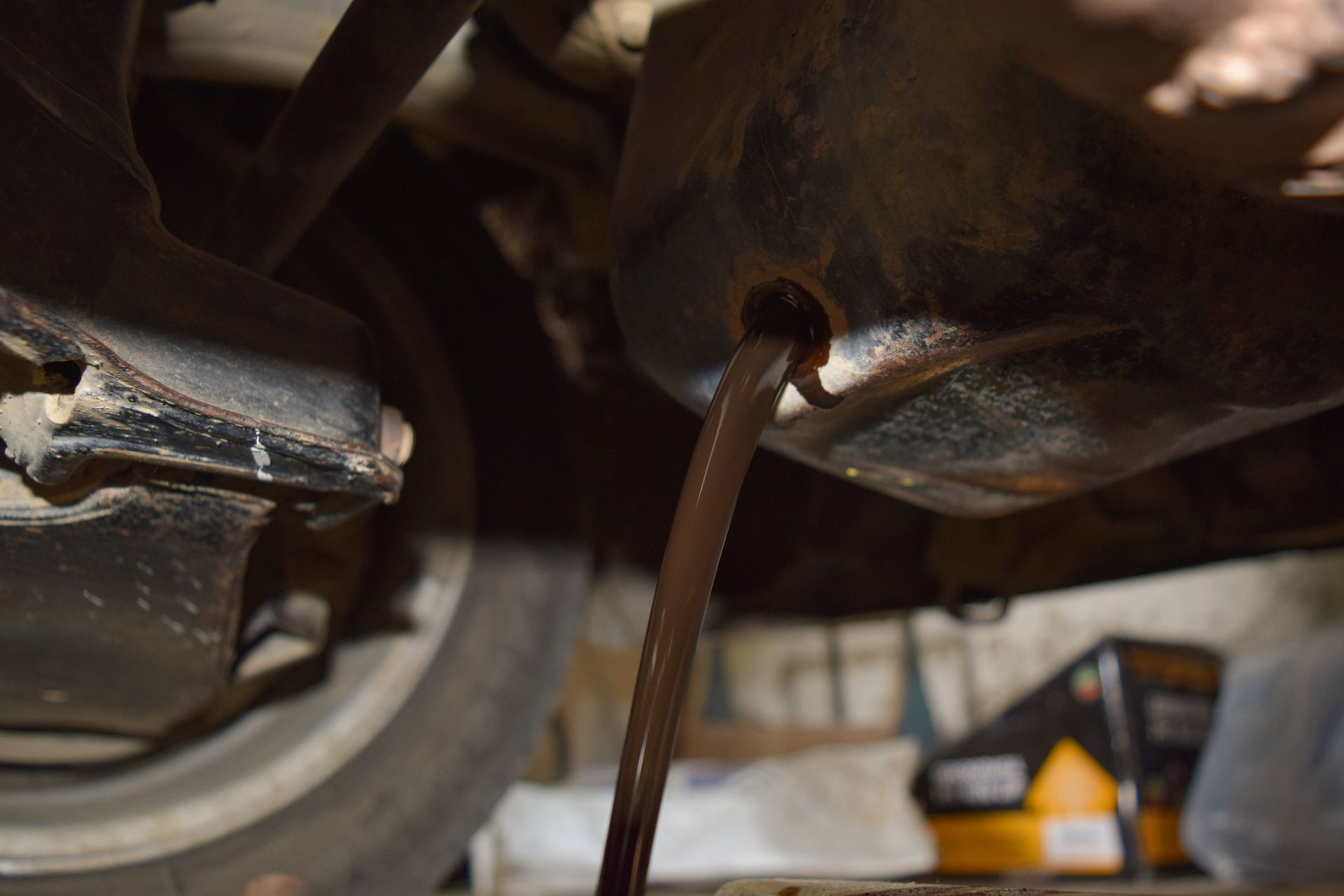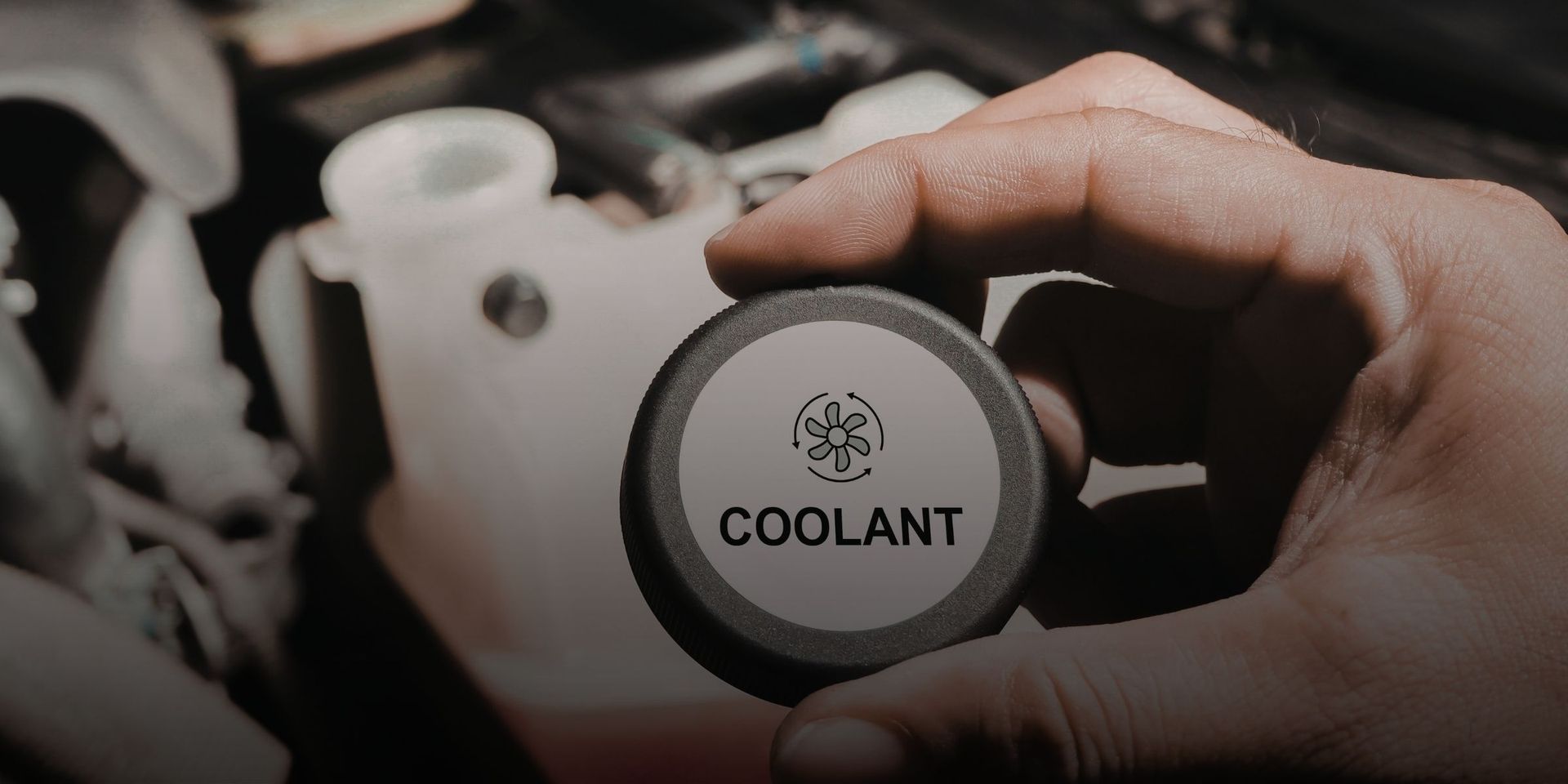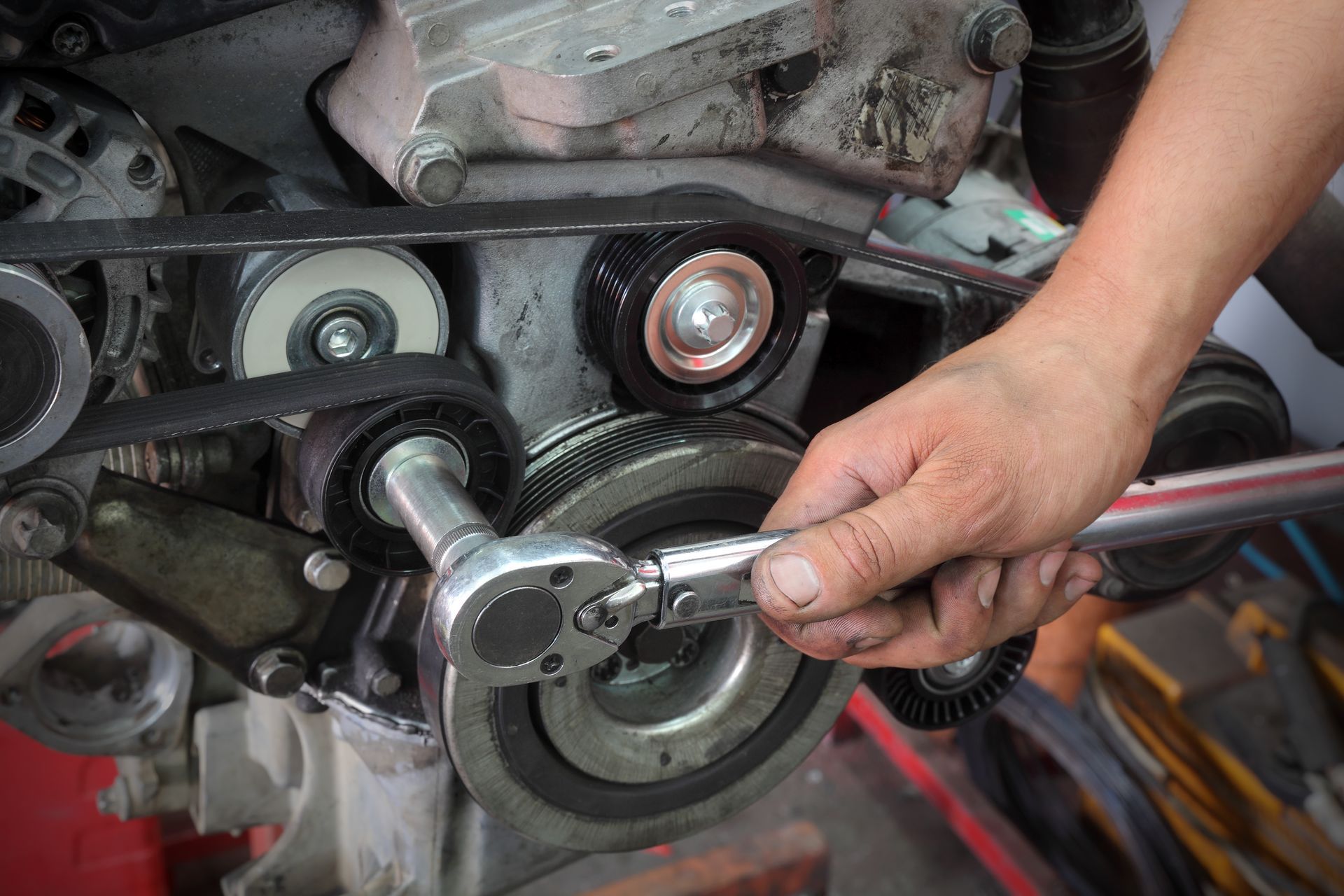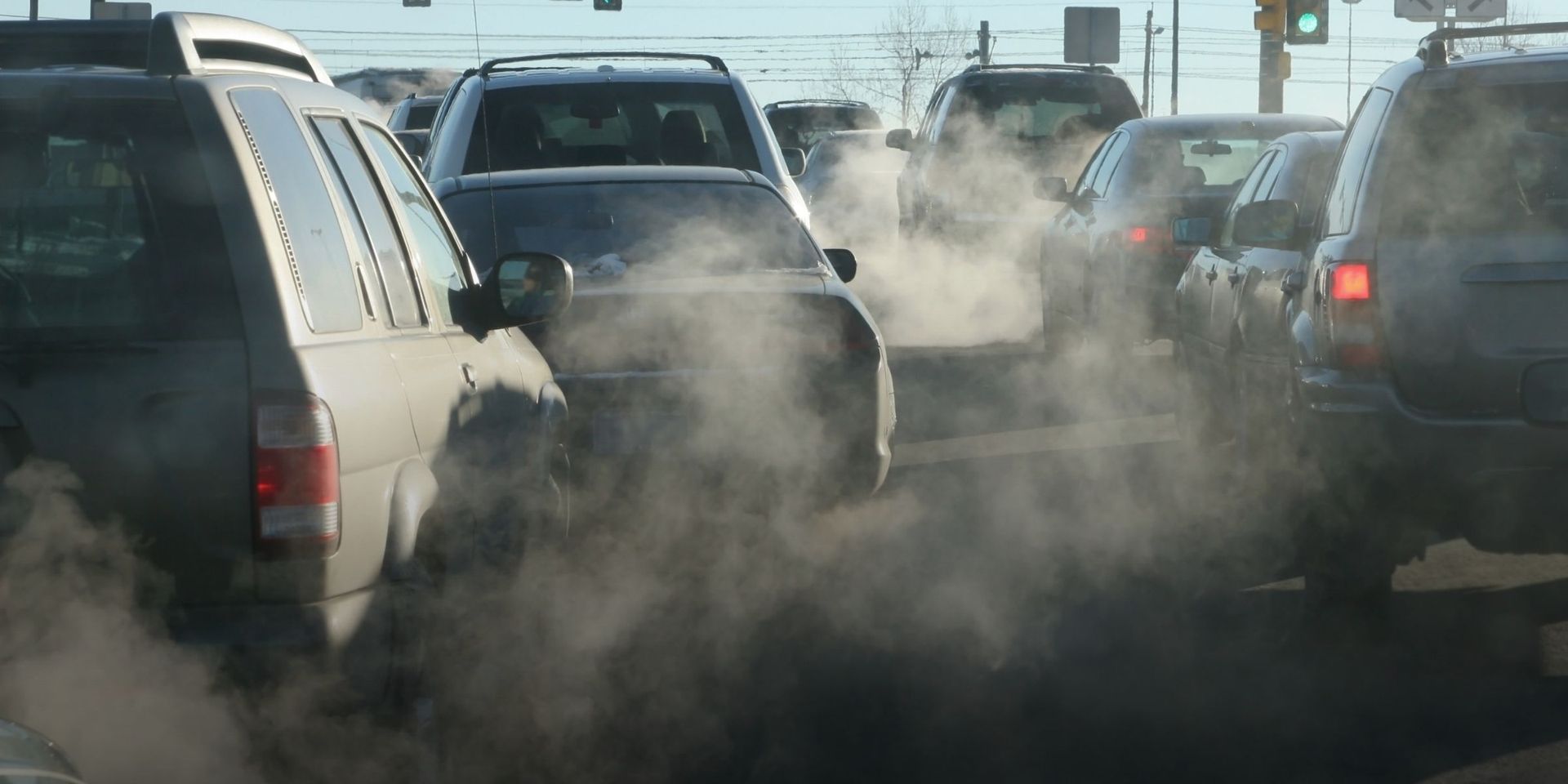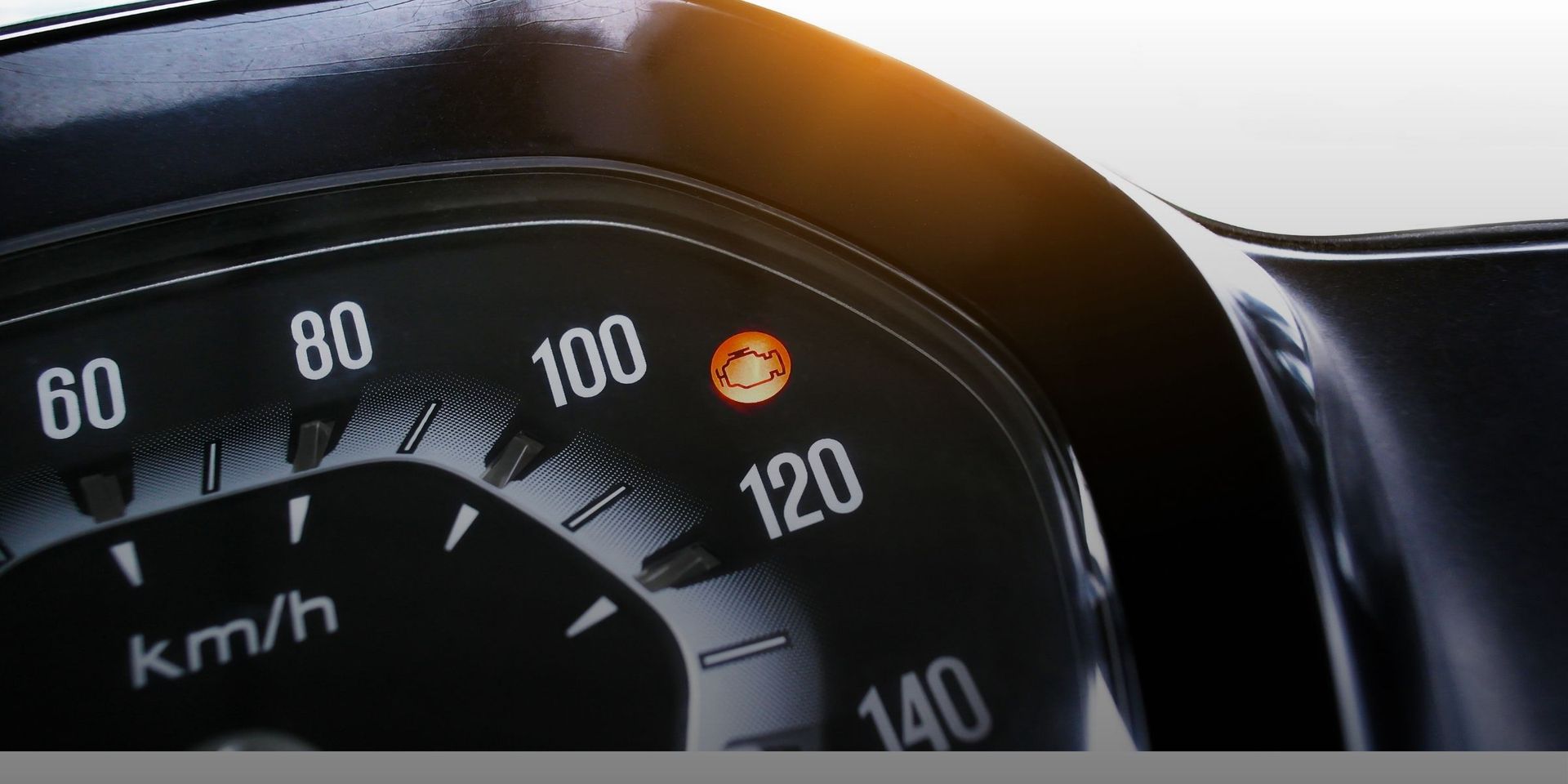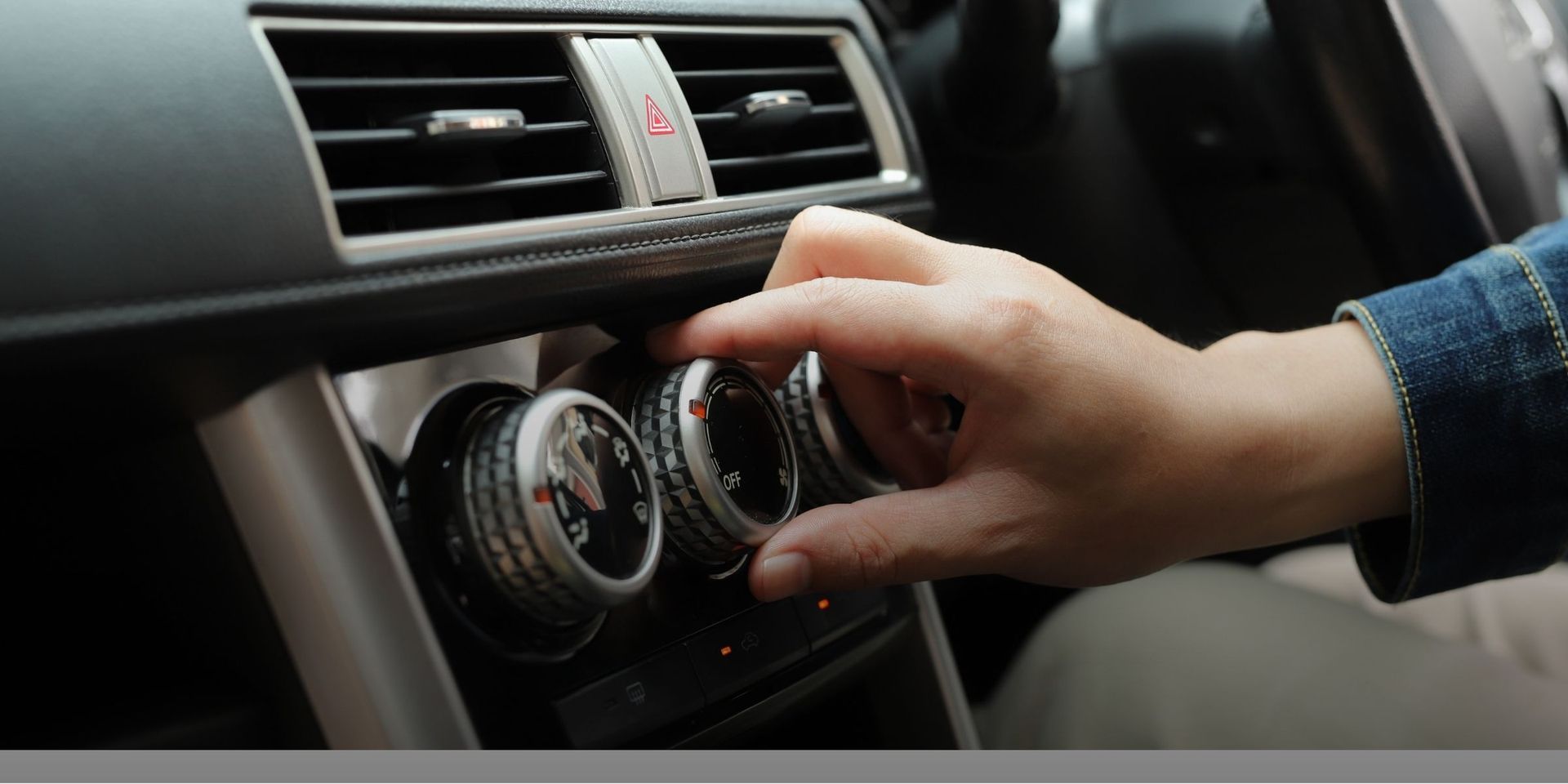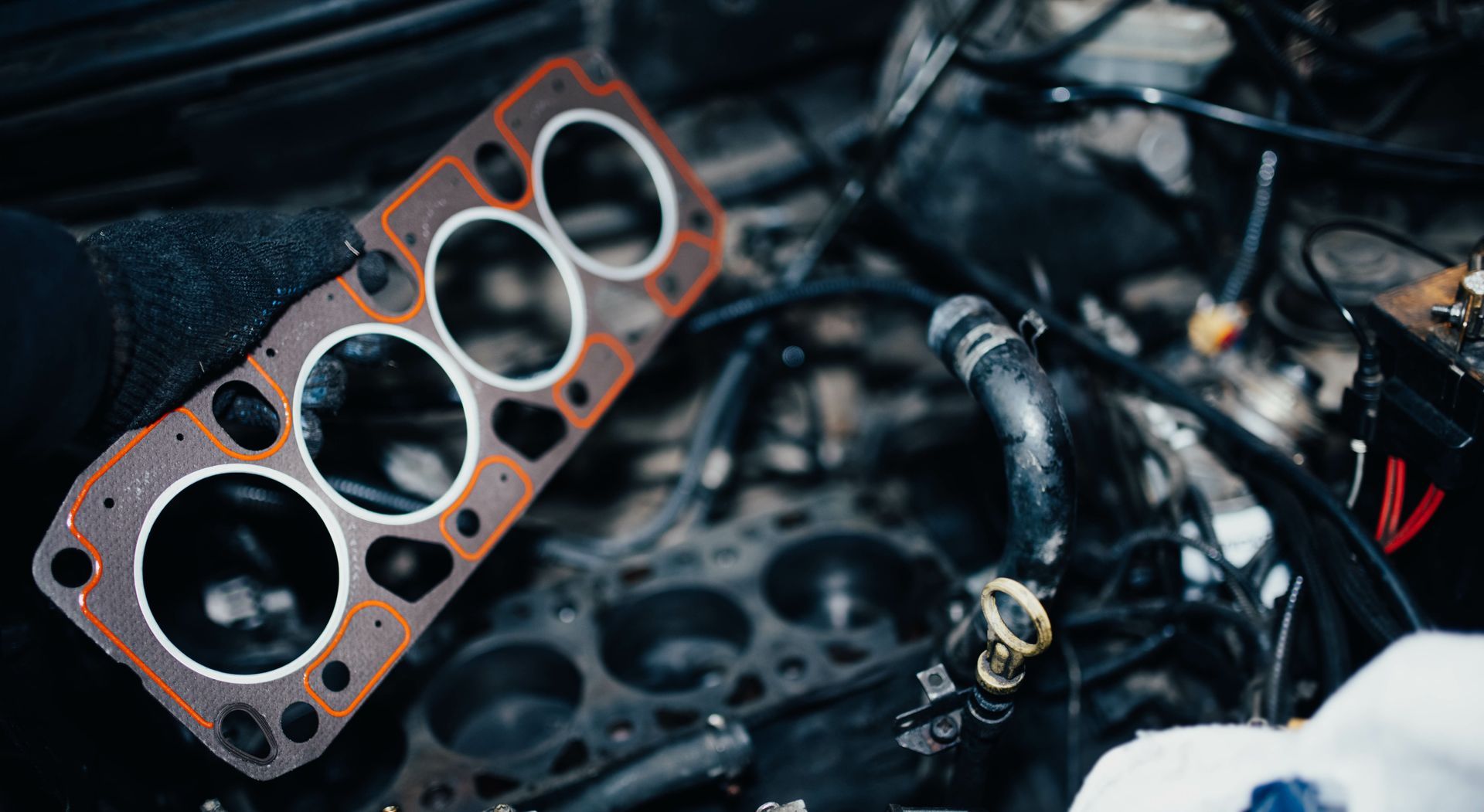Seeing a puddle under your car can be alarming—especially if it happens more than once. But not every leak means trouble, and understanding the type of fluid and where it's coming from can help you figure out what to do next. Some leaks are harmless, while others can signal serious problems with your engine, transmission, or braking system.
Here’s how to spot the difference between routine drips and issues that need professional attention.
Where Is the Fluid Coming From
The position of a leak under your vehicle can be the first big clue. A puddle near the front of the engine bay could indicate an oil or coolant issue. A drip closer to the center might point to the transmission or exhaust system. Near the rear? It could be fuel or brake-related.
Although pinpointing the source without lifting the car can be tough, the general location can help the technician narrow it down quickly during inspection.
What Different Fluids Look and Smell Like
Each fluid in your car has a different color, texture, and even odor. These details can help you figure out what’s leaking.
The most common fluids and how to identify them:
- Engine Oil: Ranges from light brown (new) to dark black (used). Feels slick and greasy. Often leaks from the front or center of the vehicle.
- Coolant: Typically green, orange, pink, or yellow. It has a sweet smell. Found near the front, often under the radiator or near the engine.
- Transmission Fluid: Red or reddish-brown, and slippery to the touch. Leaks often occur near the center or just behind the front wheels.
- Brake Fluid: Light yellow to amber when new, darkens with age. Feels oily and doesn’t evaporate quickly. Leaks often show up near wheels.
- Power Steering Fluid: Often reddish or light brown. Similar in feel and appearance to transmission fluid.
- Windshield Washer Fluid: Usually blue but can also be green or orange. Very thin and watery. It smells like alcohol or soap.
- Water (A/C Condensation): Clear, odorless, and harmless. Usually under the passenger-side front wheel area. Common and nothing to worry about.
If you’re unsure, you can press a paper towel or napkin onto the fluid and examine the color and texture more closely. But be cautious—some fluids are toxic, so wash your hands afterward and avoid direct contact when possible.
Leaks Should Be Taken Seriously
Some leaks are mostly cosmetic or slow enough that they don’t pose an immediate danger. Others can lead to engine failure or safety hazards if ignored.
Leaks that need immediate attention:
- Brake fluid: Low fluid can lead to complete brake failure.
- Coolant: If you’re losing coolant, your engine could overheat.
- Transmission fluid: Without proper lubrication, gears can slip or burn out.
- Fuel leaks: Obvious smell or visible gasoline around the vehicle? This is a serious fire hazard.
- Even a minor oil leak, if left alone, can turn into a major engine problem—especially if it spreads onto belts or other components under the hood.
Track the Leak Over Time
If the leak is minor and you're not sure what to do yet, try placing a clean piece of cardboard or a drip tray under the car overnight. This helps identify the color and amount of fluid lost and shows whether the issue is getting worse.
Also, keep an eye on dashboard warning lights and fluid levels under the hood. If you’re having to top off fluids regularly, it’s time for an inspection—even if the leak seems small.
Leaks Always Get Worse Over Time
A tiny leak today can be a serious one in a month. Rubber seals break down, gaskets dry out, and pressure builds in your car’s systems. As these conditions worsen, the amount of fluid lost increases. What starts as a small inconvenience can quickly become a safety risk or an expensive repair.
Addressing a leak early on is much cheaper than waiting until something fails completely.
America’s Service Station – Leak Inspections and Repair in Alpharetta, GA
Don’t ignore that spot under your car—bring it to
America’s Service Station in Alpharetta, GA. Our team will identify the source of the leak, explain what it means, and recommend the right solution before it becomes a major issue.

